Claude McKay's Long-Lost Novel Brings the Harlem Renaissance to Life
The Village Voice
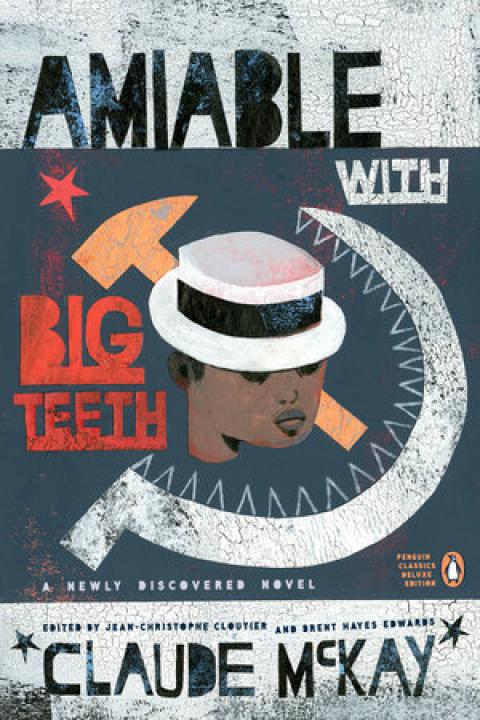
Claude McKay (1889-1948) was a Jamaican-born poet and novelist who became one of the central figures of the Harlem Renaissance, the 1920s upsurge of black culture that was a central feature of the jazz age. He was also a leading left wing intellectual of the era. This newly discovered novel is a literary and cultural milestone.

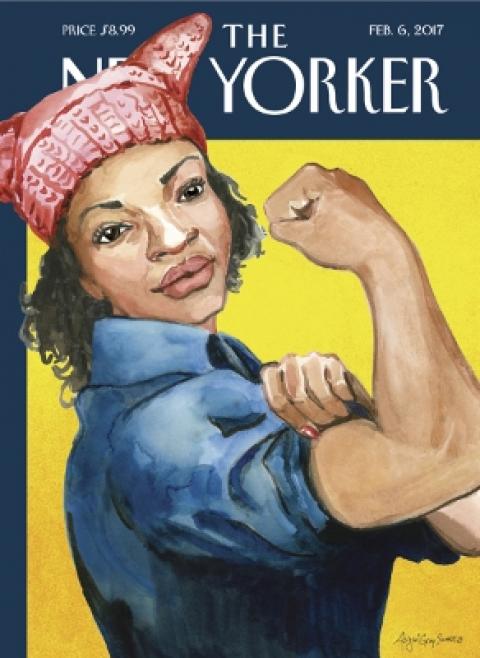

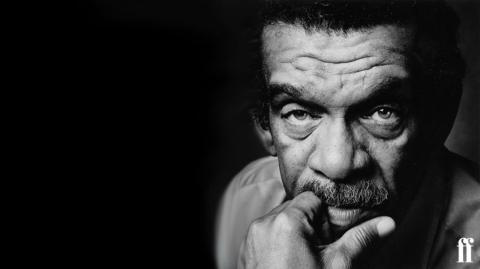
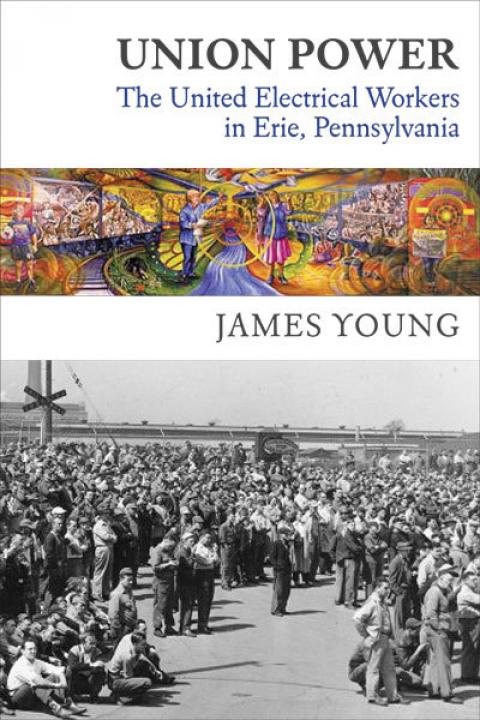
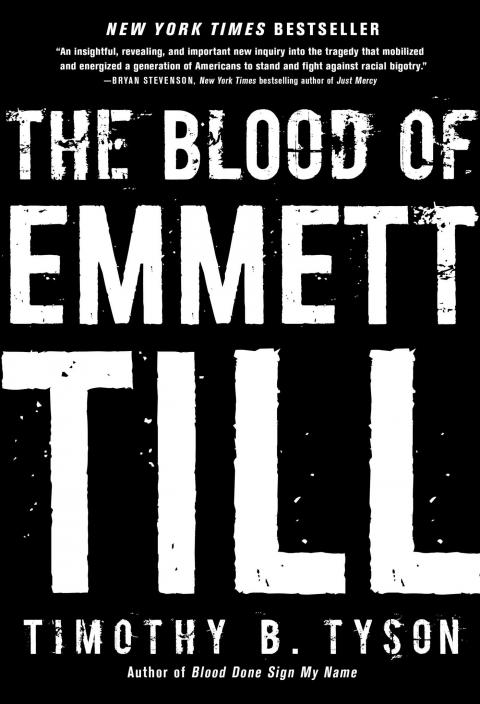
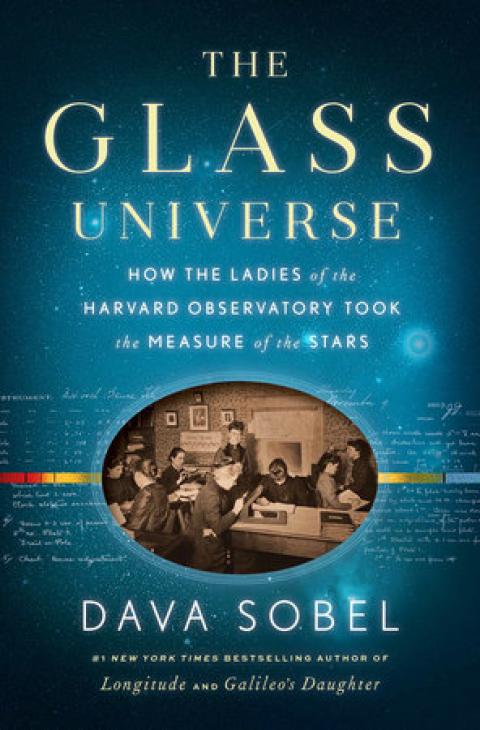
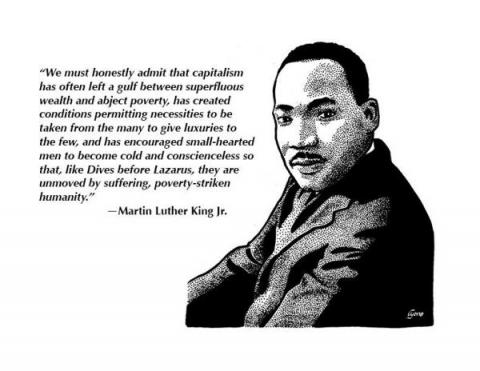

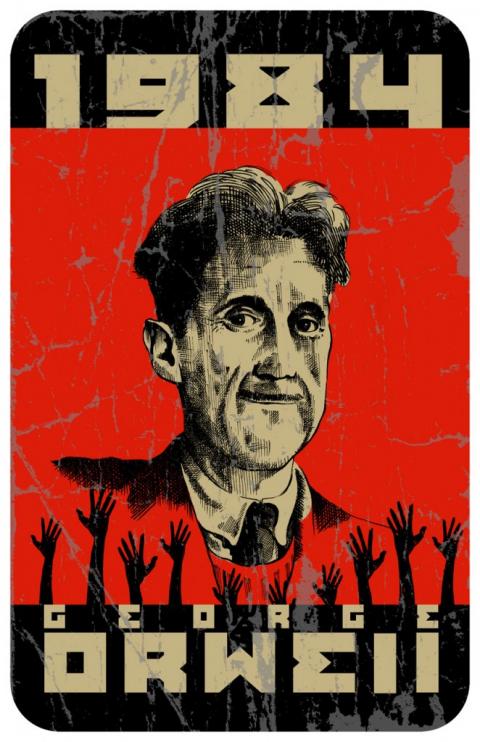
Spread the word